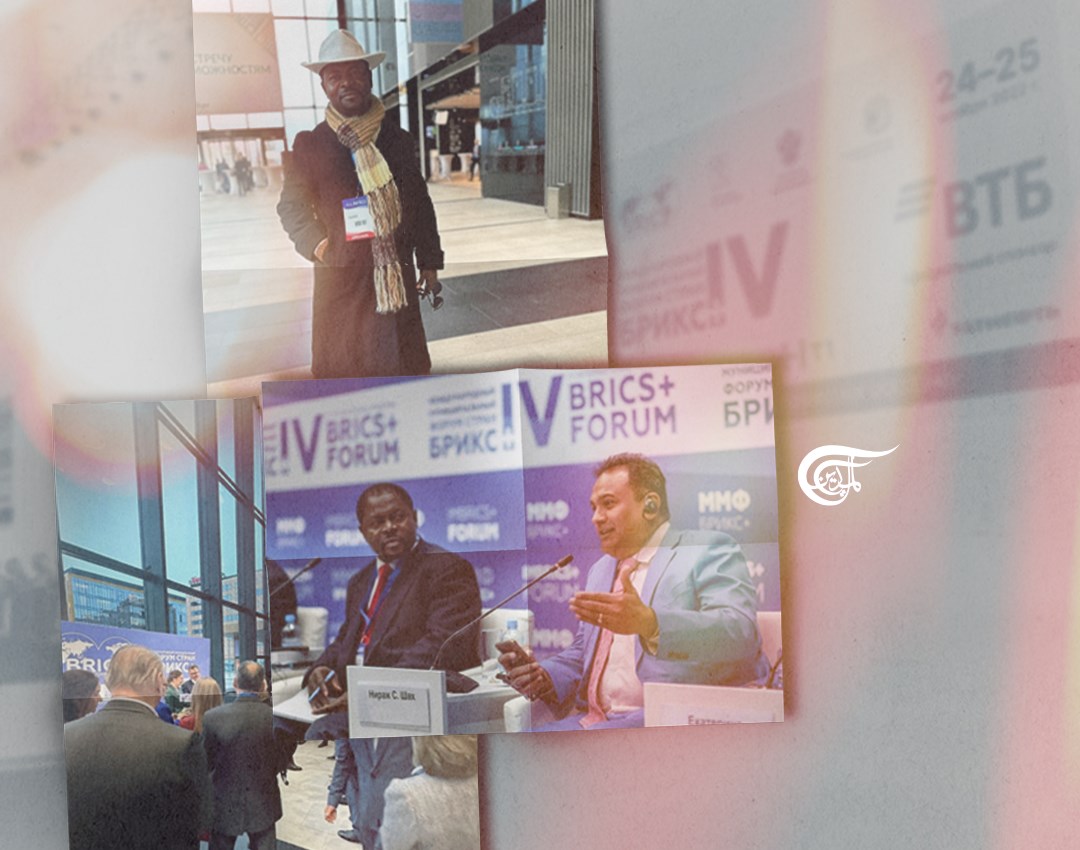Large-Scale Municipal Forum of BRICS+ Countries Ends in St Petersburg
The IV BRICS+ Forum held in Russia confirms the world's interest in finding an alternative for the Euro-Atlantic project.
-

This year's guests at the St. Petersburg BRICS Forum included dozens of governmental and business delegations from the emerging bloc
More than three thousand participants from 40 countries: Russia has once again confirmed its status as a leading state, which promotes independent discussion platforms and instruments for the development of a multipolar world with a fair structure. And this world is based on the diversity of interests of sovereign countries and peoples.
Given the tense international environment, which is constantly complicated by the hegemonic policies of the US, EU countries and their allies in other regions, communities of sovereign states like BRICS+ are a unique platform for the development of alternative models of the world order. This forum has shown that BRICS+ is also an effective tool for transferring the experience of implementing state, regional, and municipal projects aimed at solving specific tasks to improve the lives of billions of people living on our planet.
This year's guests at the St. Petersburg BRICS Forum included dozens of governmental and business delegations from the emerging bloc of Brazil-Russia-India-China and South Africa, as well as guests from those countries in Africa, Asia, the Middle East, and Latin America that are preparing to join the sovereign community of our countries.
Over the two days of the forum, hundreds of participants from several dozen representative delegations of the world's most dynamically-developing countries discussed pressing issues, challenges, and trends in international and interregional cooperation, digitalization, mutually profitable trade and economic cooperation, and local projects to improve life on the planet. Thus, the highlights of the IV BRICS+ Municipal Forum were discussions and exchange of experience on such topical issues as the development of global trends in business and society, the formation and growth of transregional and local business incubators, and the promotion of promising start-ups.
As Niraj Shah, one of the key speakers at the Global Trends in Business and Society forum session, representing India, pointed out, the business model for start-ups must be scalable. Because limited scalability does not attract investors. Also, comfortable conditions for both start-ups and investors themselves are required.
"Look at India, why do we have so many of these startups in India? Because, first of all, there is an ecosystem for startups, it is a huge country with a huge economy AND, above all, it is a very vibrant stock market in India: over 6,000 companies are listed on the Indian stock exchanges, which gives many options to most startups and investors in India, they can get an exit option in 2-3 years or within five years by listing the investee company on the stock exchange," Niraj Shah said.
The Forum really was a bright one. Just look at the national costumes in which the participants arrived. They were not deterred by weather forecasts or Western sanctions: dozens of cooperation agreements were signed in two days, including between the administration of Nizhny Novgorod and the city of Harbin in the People's Republic of China, while participants from Cameroon, Venezuela, Brazil, Nepal and many other countries exchanged hundreds of contacts for future projects. All this demonstrates the deep interest of non-aligned Western bloc states in finding a reasonable and worthy alternative to the Euro-Atlantic project.

 Sheaito Mussallam
Sheaito Mussallam
 3 Min Read
3 Min Read















